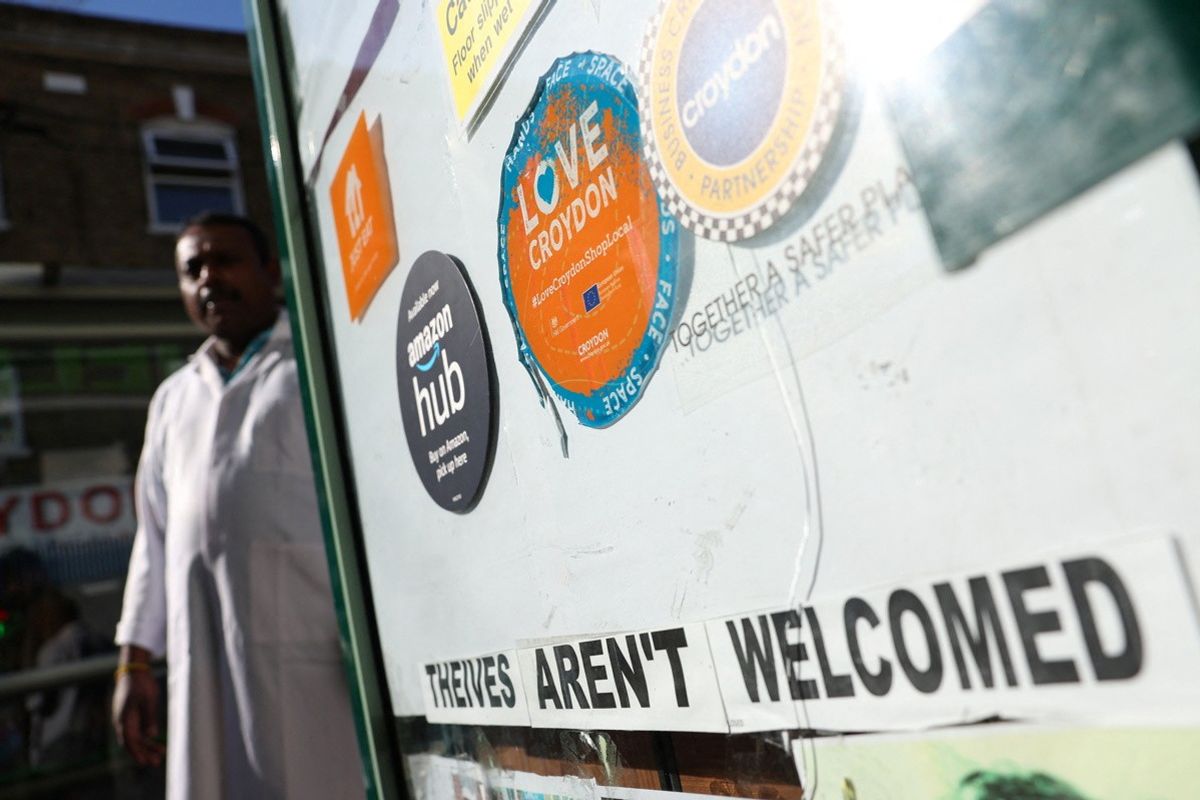Independent retailers have welcomed the new Retail Crime Action Plan, which sets out tougher new measures to tackle ever-increasing levels of shop theft.
Policing minister Chris Philp unveiled details of the plan during a meeting with senior police leaders and 13 of the UK’s biggest retailers at 10 Downing Street on Monday 23 October.
Following the announcement, the National President of the Federation of Independent Retailers, Muntazir Dipoti, said: “The Retail Crime Action Plan sets a clear precedent that the police are going to take any criminal action against businesses more seriously. Small businesses have a lot to look forward to with this announcement.
“Retail crime is not a victimless crime, and we have campaigned for years for the police to take tougher action. We are pleased to hear that this is now going to happen.”
As a result of the Action Plan, police must urgently attend any shoplifting incident where a shop worker faces violence, a suspect is detained, or attendance is needed to collect evidence. This is followed by the police reaffirming their pledge to follow up on any reasonable lead.
The plan also sets out guidelines for retailers on how to provide the best possible evidence to police, reinforcing the importance of clear CCTV images. These images will be run through the Police National Database, using facial recognition technology to better identify and prosecute offenders.
A new specialist police team will also be established to better tackle the organised crime gangs who are responsible for many of the shop crime incidents.
Unveiling the action plan, Mr Philp said: “While it is encouraging to see a 29 per cent increase in charges for shoplifting in the past year, the rise in offending is unacceptable and there is much more to do to stop it happening in the first place.
“That’s why we’re taking action and bringing together government, policing and business to commit to smarter, more joined up working when it comes to retail crime, which will help to drive down criminal behaviour and rebuild public confidence in the police response when it does occur.”
“Dealing with retail crime requires a multi-faceted approach and through the launch of Pegasus, plus the Retail Crime Action Plan, we have bolstered the policing response to tackling offenders and supporting retailers in reducing shoplifting and attacks on retail staff,” said Lead for Acquisitive Crime at the National Police Chiefs’ Council (NPCC), Amanda Blakeman.
“We welcome the collaboration between retailers, police and crime commissioners and policing through Project Pegasus which centralises intelligence and enhances our ability to identify and tackle the groups involved.”
Actions, not words needed
Meanwhile , the British Independent Retailers Association (BIRA), which works with over 6,000 independent businesses of all sizes across the UK, said they hoped to see the further measures set out by the government and police in the Retail Action Crime to protect smaller retailers who may now become a target.
Andrew Goodacre, CEO of Bira said they welcome to the plan, and highlighted the critical need for robust and immediate responses from police forces across the country for which they had been campaigning previously.
But he added: "Actions will speak louder than words, particularly as we gear up for the busy holiday season which we call the Golden Quarter. Retailers are eager for shoppers to enjoy a safe and secure high street experience, and the strengthened partnership between retailers and law enforcement will undoubtedly bolster this objective.
"However, it's of critical importance that there is a maintained strong police presence on the high street, while people are out buying presents. The festive season represents a significant opportunity for larger retailers, but we are concerned that smaller retailers may become easy targets for criminals. It is imperative that robust measures are in place to ensure the safety and security of all retailers, regardless of their size," he added.
The full report can be found here.


